software development in 2024
Certainly! Here’s an introduction based on the provided information:
In the rapidly evolving landscape of software development, staying abreast of the latest trends and key concepts is essential for professionals and enthusiasts alike. Certain overarching principles shaped the industry, guiding the trajectory of software development. While specific developments in 2023 may not be covered, this introduction aims to provide a foundational understanding of the prevailing trends up to that point. From methodologies to technologies, the dynamic nature of the field underscores the continuous pursuit of innovation and efficiency.
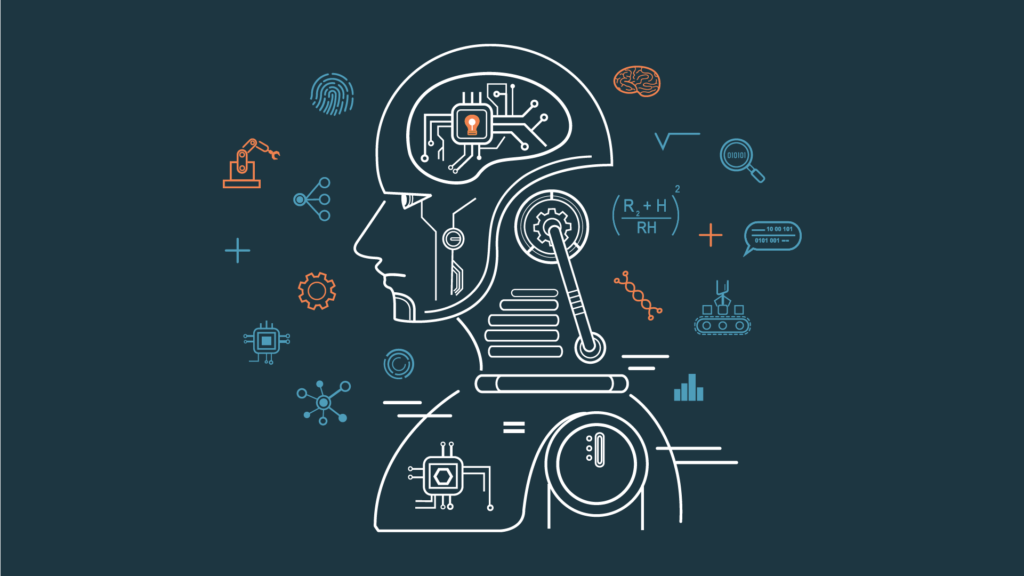
AI and Machine Learning Integration: The integration of artificial intelligence (AI) and machine learning (ML) into software applications continues to be a significant trend. Developers are increasingly leveraging these technologies to enhance user experiences, automate processes, and make applications more intelligent.
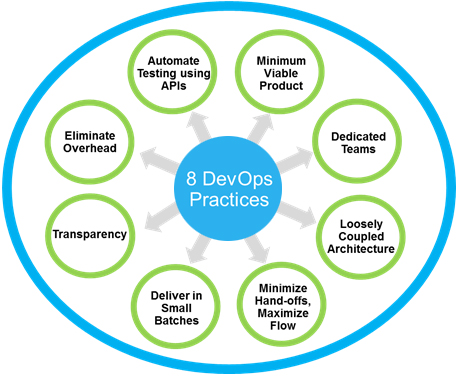
DevOps Practices: DevOps (Development and Operations) practices are crucial for efficient and collaborative software development. The integration of development and IT operations aims to shorten development cycles, improve deployment frequency, and achieve a faster time to market.

Cloud Computing: The adoption of cloud computing services, such as AWS, Azure, and Google Cloud, remains a key trend. Cloud platforms offer scalability, flexibility, and cost-effectiveness, allowing developers to focus on building features without the need to manage underlying infrastructure.

Containerization and Orchestration: Technologies like Docker and Kubernetes continue to gain popularity for containerization and orchestration. Containers provide a consistent environment for applications to run, while orchestration tools help manage and scale containerized applications efficiently.
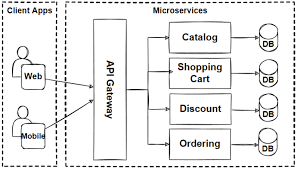
Microservices Architecture: Microservices architecture involves breaking down applications into small, independent services. This allows for easier maintenance, scalability, and the ability to deploy and update individual components without affecting the entire application.

Security Focus: With the increasing number of cyber threats, security remains a top concern in software development. Developers are incorporating security practices, such as secure coding, regular audits, and the use of security tools, to protect applications and data.
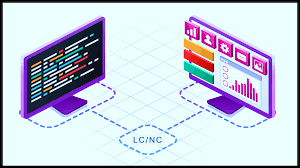
Low-Code/No-Code Development: The rise of low-code/no-code platforms enables individuals with limited programming experience to create applications through graphical interfaces. This trend aims to increase efficiency and broaden the pool of application creators.
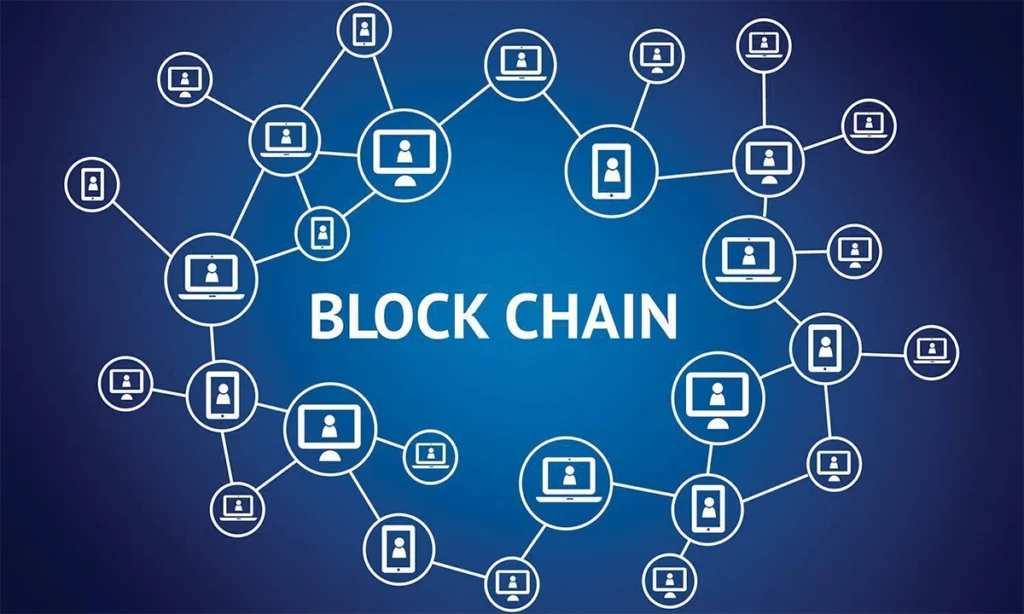
Blockchain Technology: Blockchain is being explored for various applications beyond cryptocurrencies, including supply chain management, smart contracts, and decentralized applications. Understanding blockchain concepts may be valuable for developers in certain domains.

Progressive Web Apps (PWAs): PWAs combine the best features of web and mobile applications, offering a responsive and engaging user experience. They leverage modern web technologies to deliver fast, reliable, and offline-capable applications.

Continuous Learning: Given the rapid evolution of technology, continuous learning is essential for software developers. Staying updated on new programming languages, frameworks, and best practices is crucial for professional growth.

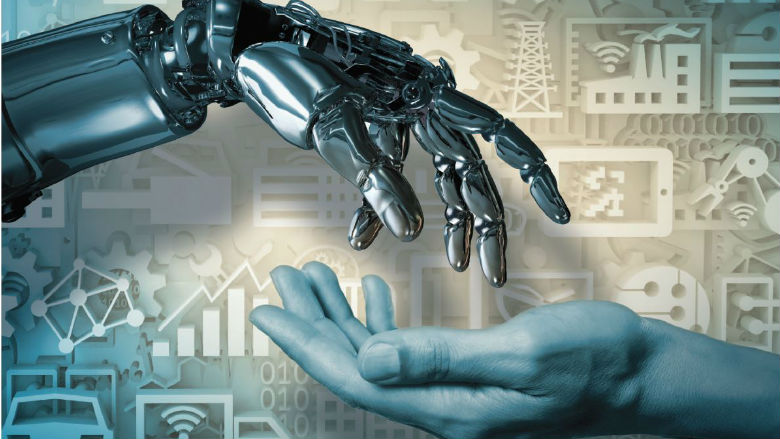
Pingback: Embracing The Future: Technology In 2024
Pingback: The Blacklist Season 1. Concierge Of Crime